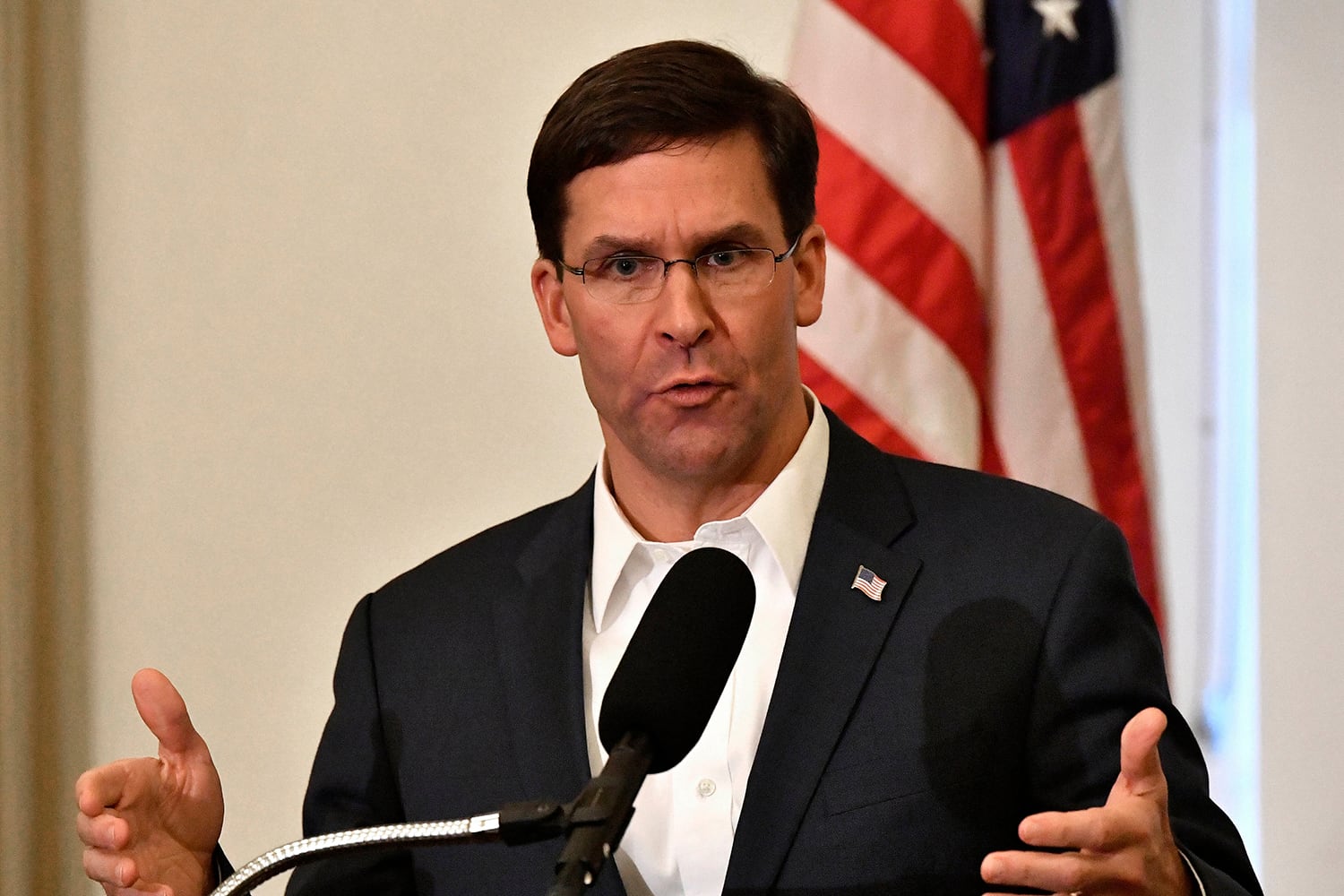SEOUL, South Korea — U.S. and South Korean officials on Tuesday publicly acknowledged the allies remain far apart in negotiations for increasing South Korea’s contributions to the costs for maintaining the American military presence on its soil.
U.S. negotiator James DeHart said the U.S. side decided to cut short a meeting that lasted less than two hours because Seoul’s proposals “were not responsive to our request for fair and equitable burden sharing.”
Seoul’s Foreign Ministry said Washington has been calling for a “drastic increase” in South Korea’s contributions which the country finds unacceptable.
The turbulent negotiations come at a delicate time for the allies, which face a growing North Korean threat and have squabbled over Seoul’s declaration to terminate a 2016 military intelligence-sharing pact with Japan amid a bilateral row.
“We look forward to resuming our negotiations when the Korean side is ready to work on the basis of partnership and the basis of mutual trust,” DeHart said, reading out a prepared statement in front of cameras in Seoul. He did not take questions from reporters.
Jeong Eun Bo, a South Korean negotiator, told reporters that the countries have scheduled their next round of talks, but didn’t specify when.
Jeong refused to say how much the Americans were asking for. But he said Washington has demanded Seoul cover a broader range of costs than what it has been providing, which includes the wages of South Korean employees at U.S. bases and costs for facility construction and logistics support.
“It is true that there is a considerable difference between the proposals by the U.S. and the principles we are putting forward,” Jeong said. “We will continue to make efforts with patience so that we reach a mutually acceptable agreement.”
Despite their differences over how much South Korea should pay, the allies have not discussed the possibility of reducing the U.S. military presence in the country, Jeong said. The United States stations about 28,500 troops in South Korea, mainly to deter aggression from the North.
RELATED

Washington and Seoul in February signed a new cost-sharing deal for 2019 that required South Korea to pay about 1.04 trillion won ($890 million), shortly before a summit in Vietnam between President Donald Trump and North Korean leader Kim Jong Un that collapsed over disagreements in exchanging sanctions relief and disarmament. South Korea in 2018 provided about $830 million, covering roughly 40 percent of the cost of the U.S. troop deployment that year.
The Trump administration has been pushing for South Korea to pay more. During a visit to South Korea last week, U.S. Defense Secretary Mark Esper pressed Washington’s case that South Korea must pay a bigger share of the costs for maintaining U.S. troops in the country.
“This is a very strong alliance we have, but Korea is a wealthy country and could and should pay more to help offset the cost of defense,” he said.





